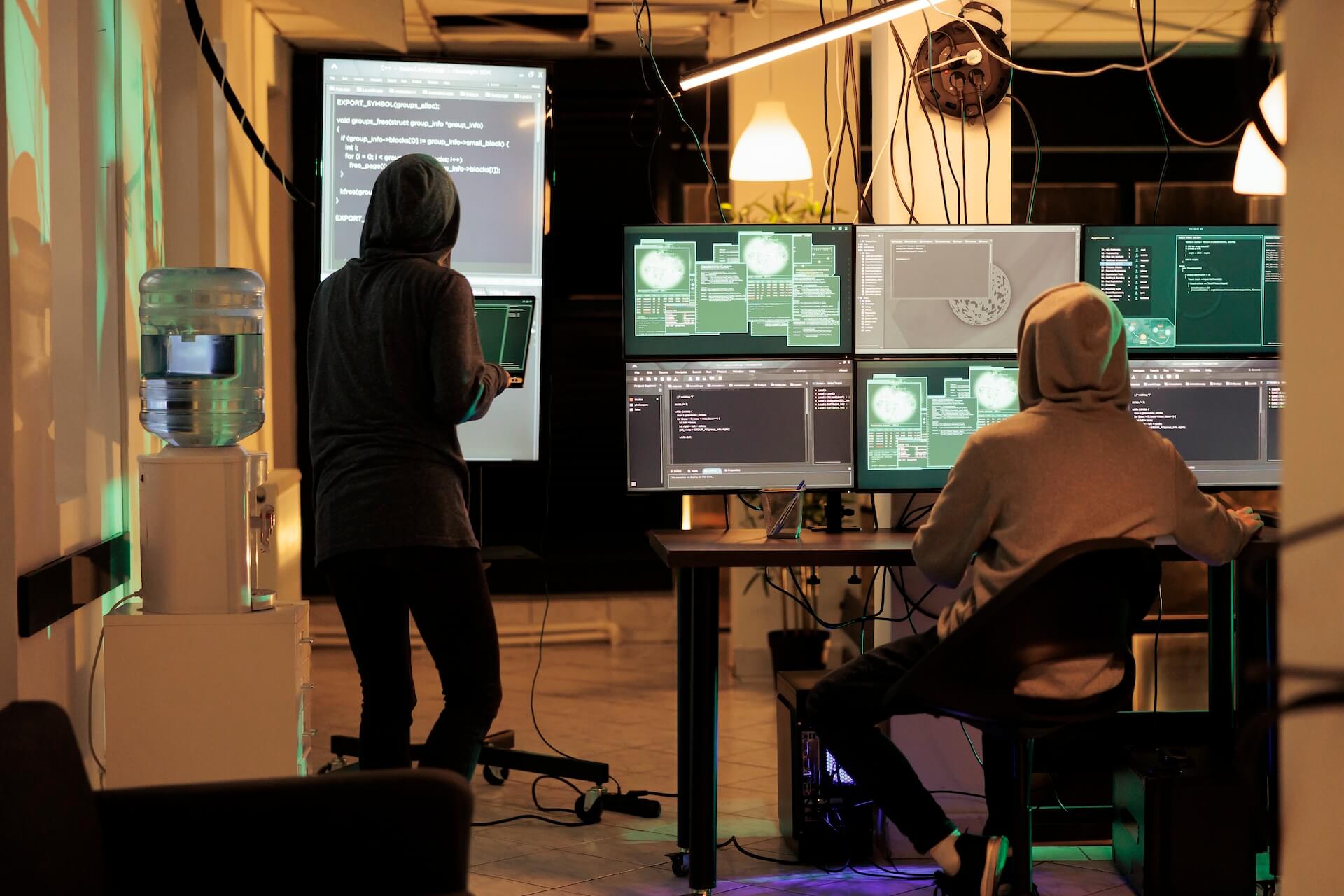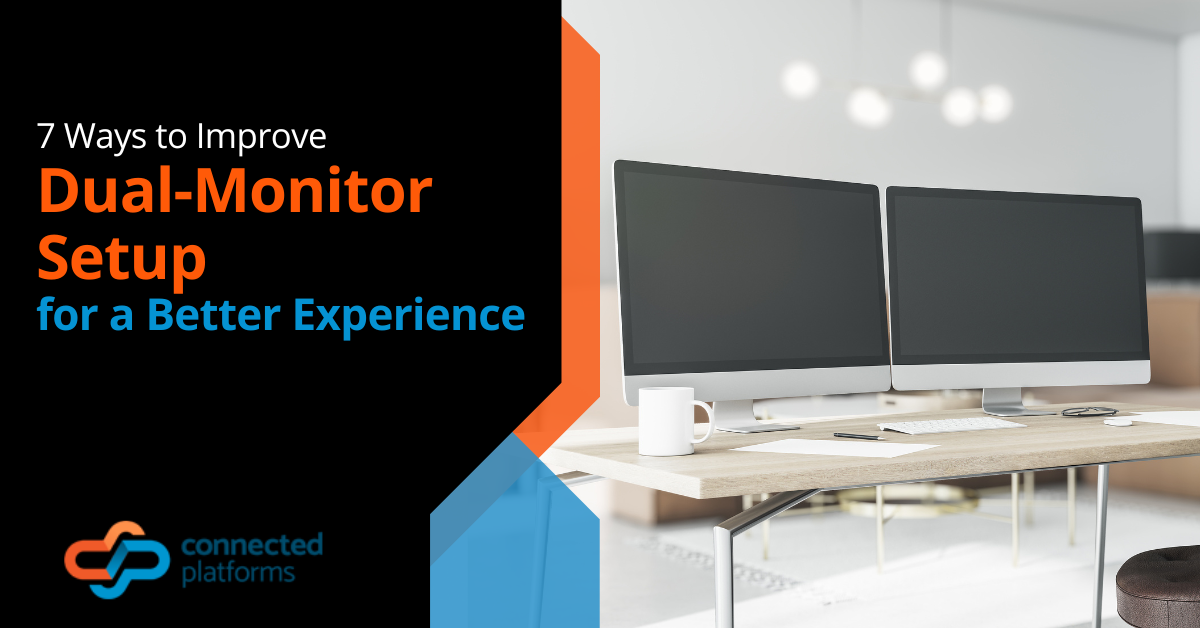How many times do you or your employees interact with technology during the course of the workday? If you’re like most people, you could not even begin to count the occurrences.
Technology is deeply ingrained in how companies operate. From a VoIP phone system to connect with customers to an accounting system for invoicing and creating balance sheets, technology is used throughout just about every workflow and function you can find in an organisation.
In this tech-driven environment, every company is now a “technology” company. This means that it needs to consider its technology infrastructure at all times and as a key component of how it sells its products and services.
98% of surveyed organizations say that just a single hour of IT downtime costs them more than AUD$140,000. This emphases how business owners and executives now need to put tech at the forefront of any company operations conversation they have.
If they don’t begin thinking like a tech company now, they risk being left behind as the rest of the world marches on with the rapid evolution of the next new IT trend.
Why Is Every Company a Technology Company?
Customers Expect a Convenient Digital Experience
Seventy-five percent of sales decision-makers in Australia say that customers expect more from their experience than they did in prior years. People want convenience, and this often means technology and AI-backed processes and tools that make it easier for customers to inquire, ask questions, get quotes and place orders.
Companies that want to meet these demands need to be on top of the latest customer experience trends and digital experience tools, such as the metaverse and self-service kiosks.
Employee Apps & Devices Drive Productivity
Many employees rely on technology to do their jobs. Even salespeople that are out making visits all day, need to have their CRM apps to keep on top of leads, and their various apps for email and voice communications.
Everything from accounting work to manufacturing line workers has some part of their productivity (usually most of it) tied to the functioning of technology. If that technology doesn’t work, it means a person can’t get their work done, impacting the organisation’s overall productivity and forward motion.
Company Operations Mirror How Well IT is Functioning
What would happen to your business if your Wi-Fi goes down? What about the loss of access to a cloud-based business solution like Microsoft 365 or Google Workspace?
For a majority of companies, this could cause their operations to come to a standstill or be severely hampered.
If leadership doesn’t think like a technology company, operations can suffer because they mirror how well the company’s IT components work. On the plus side, optimising your organisation’s use of technology can have big benefits.
According to a report on connected Australian SMBs, those that had advanced levels of digital engagement were 50% more likely to be growing their revenue and earning 60% more revenue per employee than companies that were at a basic level.
Fast Means Competitive in Today’s World
Being optimised technologically means that employees can work smarter and faster. AI and automation are used for time-consuming manual and repetitive functions and staff can focus on more creative and customer-facing tasks.
Technology helps companies adapt to market trends and grow faster, which in today’s world, competitiveness relies on.
Legacy Systems Lead to Cybersecurity & Productivity Problems
When leadership isn’t thinking like a technology company, they can leave tools in place for much longer than they should. Legacy systems end up being used for years until they’ve outlived the only operating system that supports them.
Using outdated software and hardware leaves companies open to cyberattacks because those systems are no longer supported with security patches. Employees can also easily get frustrated with slow digital tools that hamper their workflow, rather than help them.
Business Continuity Relies on Flexible Cloud Technology
Natural disasters are becoming more unpredictable. Companies also have to contend with unexpected cyberattacks and world-impacting events like the global pandemic.
The way to prepare your business is with a solid business continuity plan. This is a plan that ensures your company can continue operating in the face of several unexpected crisis events that may cause you to have to abandon your main location of operations.
To remain productive and connected, you need to have a good cloud technology infrastructure of software, network security, and adequate and moveable devices.
Get Help Creating Your Technology Roadmap for the Future
Connected Platforms can help your Brisbane area business assess where your IT stands now and develop a roadmap for where you’d like to take it. We can help you evolve affordable and efficiently.
Contact us for a free consultation. Call (07) 3062 6932 or book a coffee meeting online.




